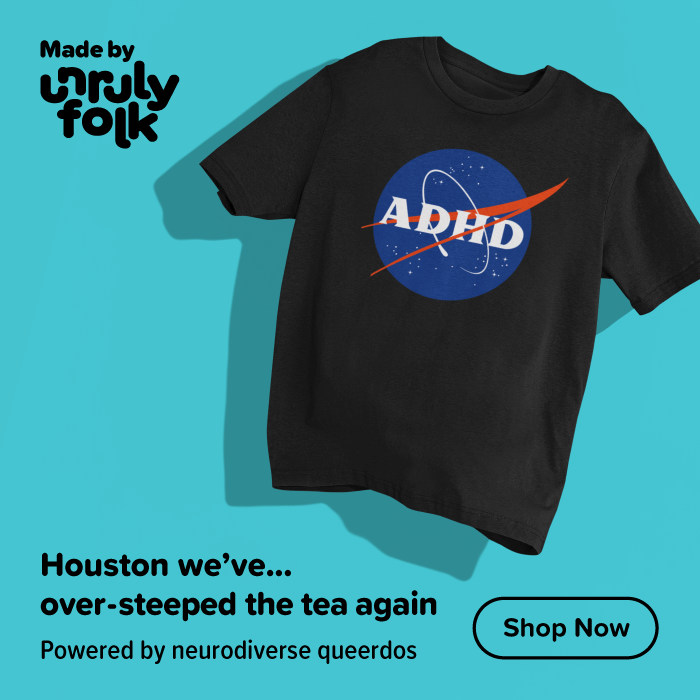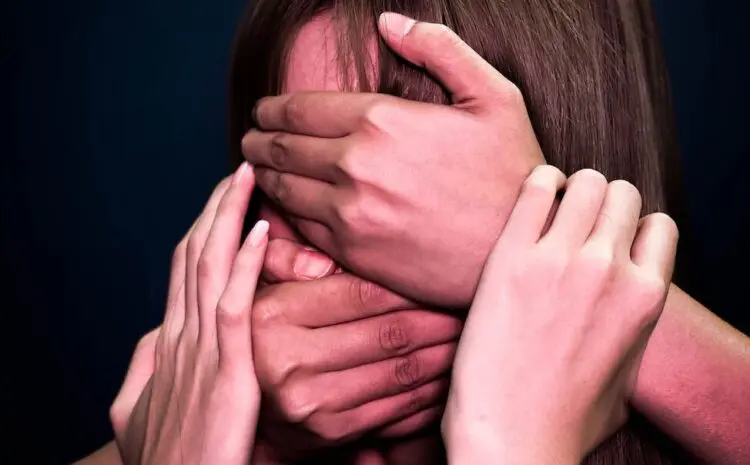Do you struggle with intense emotional reactions to things that may seem minor or insignificant to others? For example, do you fear rejection, criticism, or failure deeply? If so, you may have Rejection Sensitive Dysphoria (RSD).
Rejection Sensitive Dysphoria causes extreme emotional and physical pain after experiencing rejection, whether in relationships, social situations, or even perceived rejection.
The pain can feel like a punch in the gut and manifest as depression, anxiety, low self-esteem, and even suicidal thoughts. However, it is not the same as simply feeling hurt or sad after rejection – the symptoms of RSD can significantly impact daily life and functioning.
RSD is commonly seen in individuals with Attention Deficit Hyperactivity Disorder (ADHD). We may be especially vulnerable because of stacked trauma from rejection, low self-esteem and social difficulties. However, RSD can be found alongside other mental health conditions, such as depression or anxiety.
Experiencing rejection is a natural part of life, of course. Even so, the pain from rejection can be debilitating and overwhelming for those with RSD. That said, limiting the symptoms is possible.
Additionally, without treatment, the painful symptoms of RSD can lead to self-harm or even suicidal thoughts and actions, and reaching out can help to prevent these potentially dangerous outcomes.
Treatment options for RSD
Treatment for RSD often includes therapy and medication. Cognitive behavioural therapy can help individuals identify and change thought patterns contributing to the painful symptoms of RSD. Medication, such as antidepressants, can also help manage symptoms.
Working with a mental health professional to find the most effective treatment plan for individual needs is a must. Finding the right combination of therapy and medication may take some time and experimentation, but managing symptoms and improving daily functioning is worth it.
Some coping strategies for living with RSD include practising self-care, setting boundaries, and seeking support from loved ones. It is also important to remember that rejection is a natural part of life, not personal, and to challenge negative thoughts about oneself.
Seeking help for RSD is not a weakness – it takes strength to address difficult emotions and work towards improving mental health.
Resources and support for those with RSD
Please remember:
- RSD is a common symptom of ADHD, and it is not your fault.
- You are not alone in feeling this way.
- Your intrusive thoughts are not reality.
- People don’t secretly hate you.
- No one is scrutinising your every move.
- You are not a burden to others.
- You are worthy of love and belonging.
- There are ways to manage RSD, such as therapy, medication, and self-care.
- RSD does not have to define you or your life.
If you think you or someone you know may be suffering from RSD, please seek help from a mental health professional or utilise online resources and support groups. You deserve kindness and support in managing your symptoms. You deserve to live a fulfilling life free from the debilitating symptoms of RSD.






















































